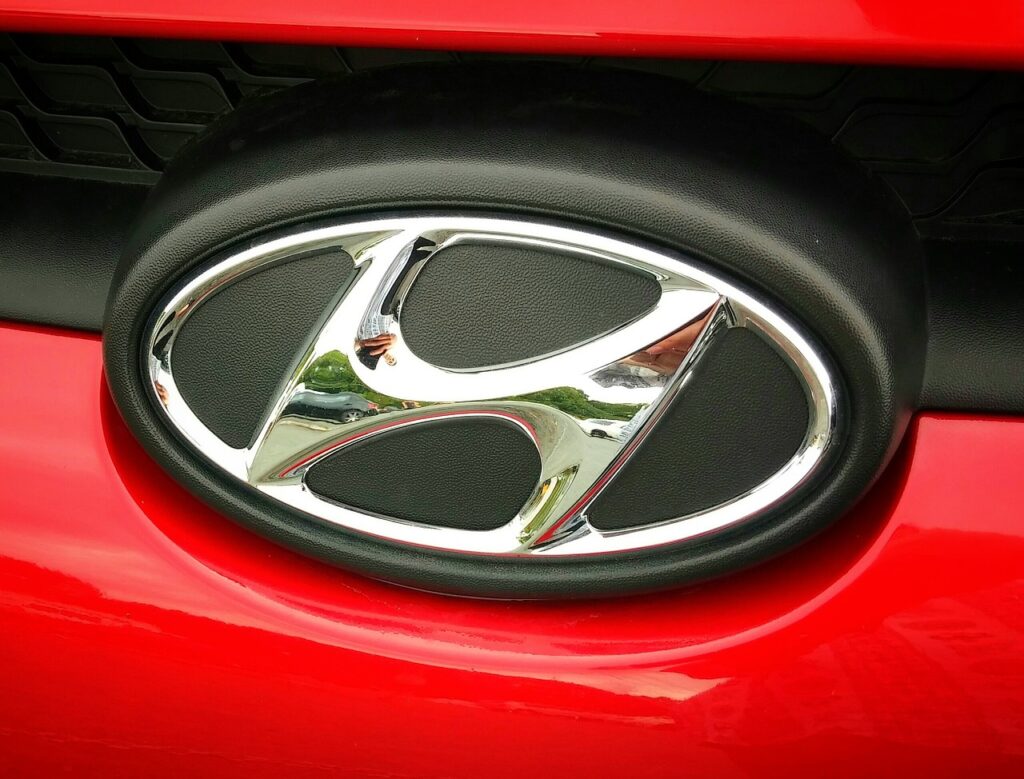Hyundai Motor Company has undergone key executive replacements, signaling a potential shift in strategy. Despite ambitious goals, the company’s hydrogen business has faced stagnation, prompting a series of resignations among top executives. The recent reshuffle aims to breathe new life into Hyundai’s hydrogen division and address challenges hindering the realization of its hydrogen roadmap.
Recent resignations, including Ronald Grassman, head of the Hydrogen Fuel Cell Business Development Team 2, have left a leadership vacuum in Hyundai’s hydrogen business. Newly appointed Executive Director Kim Tae-yoon takes the helm of the Hydrogen Fuel Cell Technology Development Department, indicating a shift in focus toward technology advancement and development.
One major challenge impeding the hydrogen electric vehicle market’s growth is the lack of infrastructure. With only 157 hydrogen charging stations nationwide, the industry faces constraints in production, transportation, and storage. The infrastructure gap contributes to the slow adoption of hydrogen electric vehicles, particularly in passenger vehicles.
Hyundai Motor Company is poised for a significant reorganization to revitalize its hydrogen business and boost investment. The plan extends beyond passenger vehicles, aiming to introduce hydrogen mobility in various sectors, including commercial vehicles, marine ships, and air mobility. Hyundai’s commitment is evident in its plan to supply 1,300 hydrogen buses to Seoul City by 2026.
To overcome the hurdles, Hyundai Motor Company envisions a comprehensive hydrogen mobility strategy. The plan includes the application of fuel cell technology not only in commercial vehicles but also in marine and air mobility. The company’s commitment to resource-cycling hydrogen production using biogas aligns with its dedication to sustainable practices and reinforces its commitment to the hydrogen business.
Hyundai’s mid- to long-term roadmap envisions an annual production capacity of 500,000 hydrogen electric vehicles by 2030. While the current landscape poses challenges, the company’s focus on commercial hydrogen electric vehicles, such as buses, and its commitment to developing the technology indicates a determination to overcome hurdles and fulfill its ambitious roadmap.





